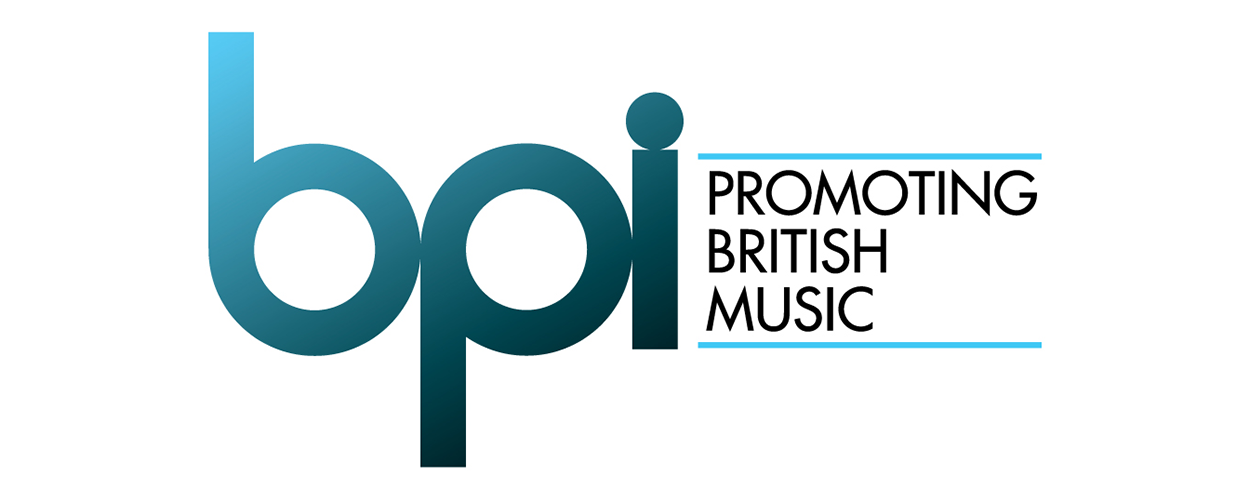This website uses cookies so that we can provide you with the best user experience possible. Cookie information is stored in your browser and performs functions such as recognising you when you return to our website and helping our team to understand which sections of the website you find most interesting and useful.
Business News Labels & Publishers Legal Top Stories
UK record industry secures web-blocking injunctions against stream-ripping sites
By Chris Cooke | Published on Friday 26 February 2021

The UK record industry has secured web-blocking injunctions against a number of stream-ripping sites as well as a piracy-enabling cyberlocker service. Trade group BPI says that the web-blocks constitute landmark rulings because they confirm that such services are liable for copyright infringement under UK law.
Web-blocking, of course, has become a preferred anti-piracy tactic of the music industry in those countries where such blockades are available. Rather than suing websites that facilitate copyright infringement, rights-owners seek injunctions that order internet service providers to block access to those sites. Though, while the ISPs rather than the targeted websites are the defendants in such cases, the rights-owners still need to demonstrate that those sites are indeed liable for copyright infringement.
Traditionally, web-blocks have been used against more conventional piracy set-ups, in particular file-sharing platforms. Although the Australian music industry successfully secured web-blocking injunctions against a number of stream-ripping sites back in 2019. And given that stream-ripping services – ie websites that allow you to grab permanent downloads of temporary streams – have become the music industry’s top piracy gripe in recent years, it seemed certain further blockades against those set-ups in other countries would follow.
The UK record labels arrived in the London courts seeking such a thing earlier this month. Among the stream-ripping sites targeted were FLVTO.biz and 2conv.com, the Russian owner of which has been fighting a lawsuit filed against him by the labels in the US, albeit mainly on jurisdiction grounds. Nevertheless, both sites have now been successfully blocked in the UK.
Welcoming the issuing of the new web-blocks, the BPI says: “Stream-ripping sites like FLVTO.biz are so problematic that they appear on the US government’s Notorious Markets List and on the European Commission’s Counterfeit And Piracy Watch List. The operators of the illegal stream-ripping sites make millions of pounds a year from advertising in the UK alone, but do not share a penny with the creators of the music they are exploiting”.
The cyberlocker service also blocked in the latest court ruling is Nitroflare which, the BPI reckons, is “deliberately designed to encourage and reward users to upload music and other valuable copyright material, and illegally share links to it with others who can then illegally download it”.
The judge who oversaw the case, the BPI adds, “found that although music only represents around 10% of all files available on Nitroflare, the site warranted being blocked because it actively encouraged illegal sharing and it was highly unlikely that the site was being used for legitimate storage on a significant scale. The site also rewards those who illegally share music and penalises those who do not share by deleting their files”.
Although the music industry welcomed the new injunctions yesterday, the music community also recognises that web-blocks are no panacea, given they are relatively easy to circumvent.
To that end, the BPI also cites the new anti-piracy measures that it would like UK law-makers to introduce, all of which it has floated as part of Parliament’s ongoing inquiry into the economics of streaming. That includes stronger penalties for infringing platforms and legal reforms to ensure such services can’t claim safe harbour protection.
Commenting on the ruling, BPI’s General Counsel Kiaron Whitehead says: “The high court has confirmed what we all believed, namely that the operators and users of these egregious cyberlocker and stream-ripping sites infringe copyright in multiple ways and should be blocked in the UK”.
“The illegal sites have more visits to them than even global brand websites like Coca-Cola and McDonalds, and they deprive those who create and invest in music from their rightful rewards”, he continues. “These two new judgments are important both legally and practically. They are not a silver bullet, but they develop existing European law and represent a significant step forwards in copyright law in the UK. We are grateful to the high court in dealing with this group litigation so efficiently in an online hearing. The BPI will be taking further actions following these judgments”.
Meanwhile, Gee Davy, COO of the Association Of Independent Music, adds: “These judgments are not only a win for the independent music businesses named in the cases but the whole music ecosystem and AIM congratulates BPI on their expert handling of these cases. Getting music from illegitimate sites and services drives down the value of music and the money available to pay musicians and fund creativity. We hope that these judgments will serve as a strong deterrent to other illegitimate cyberlockers and stream-rippers and raise awareness of legitimate ways to enjoy great music”.





